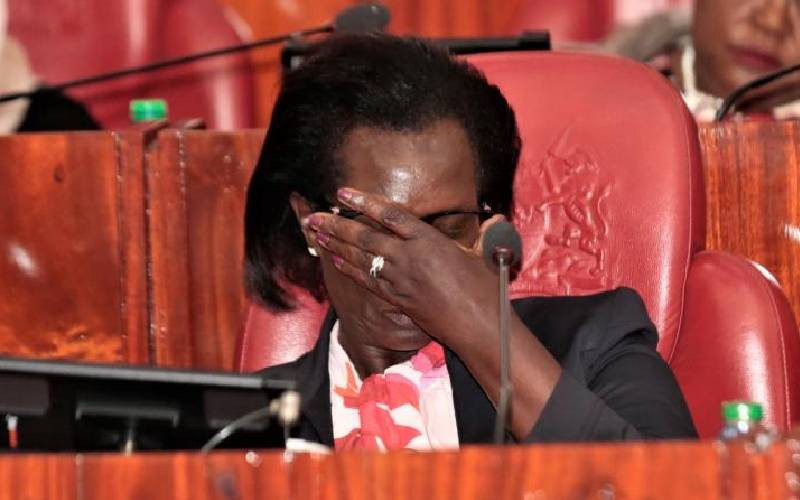×
The Standard e-Paper
Join Thousands Daily

Judges are embroiled in a legal battle with the Salaries and Remuneration Commission (SRC) over the decision to slash optical cover and travel allowances.
In the case filed before the High Court, judges lamented that despite being glued to computers all day while hearing virtual court sessions, SRC has slashed their optical cover by close to Sh130,000.